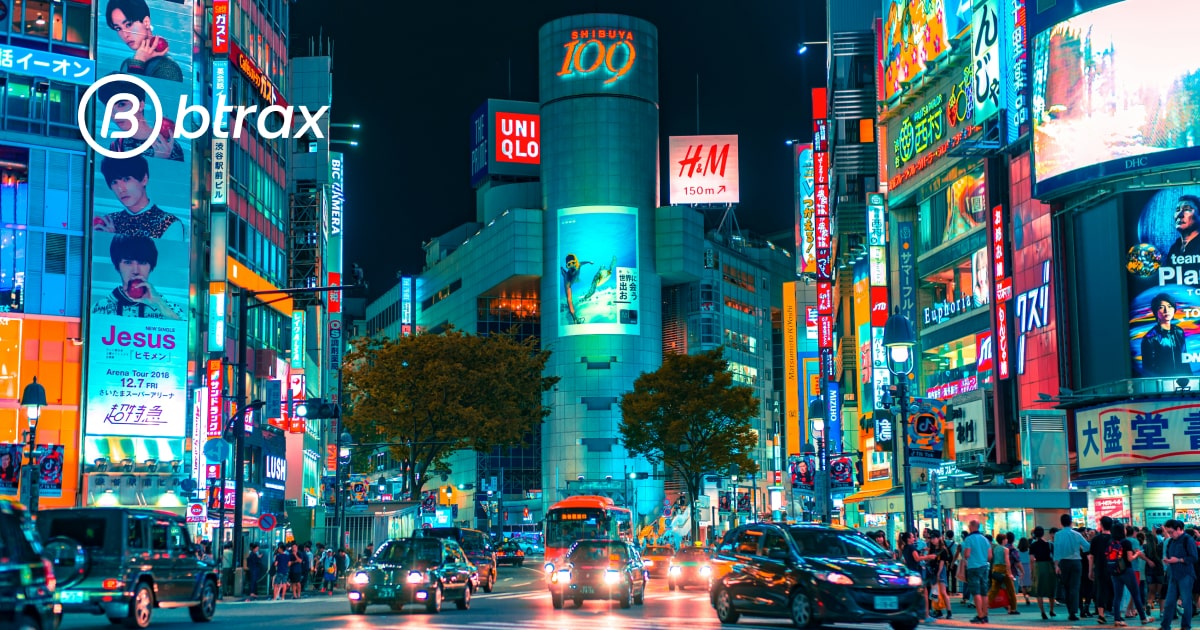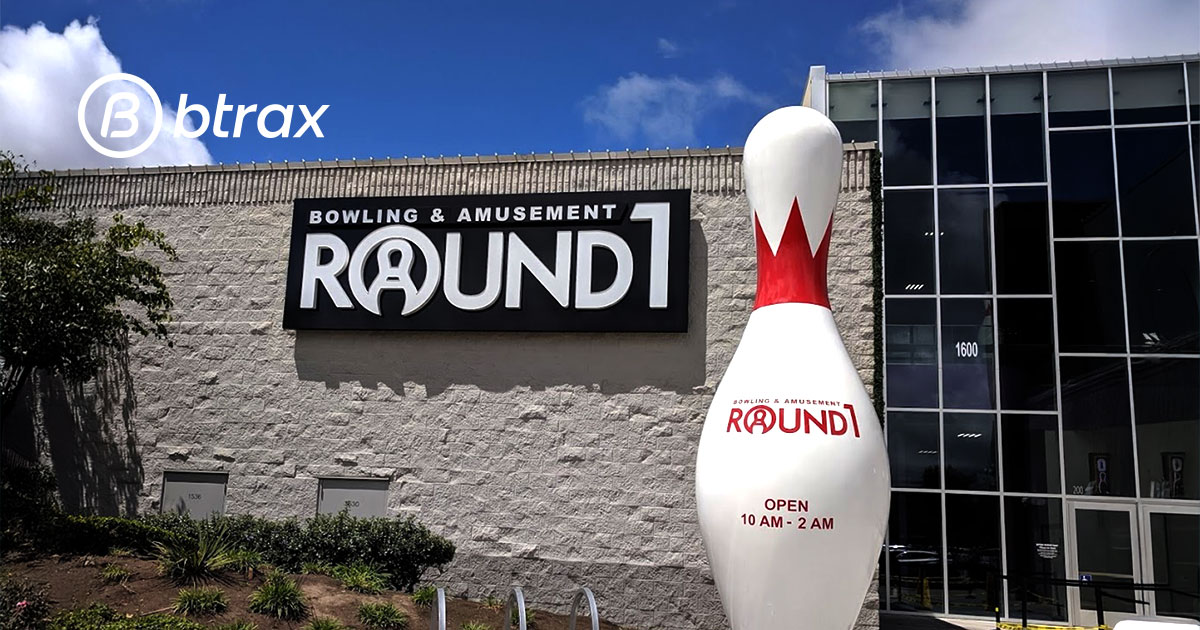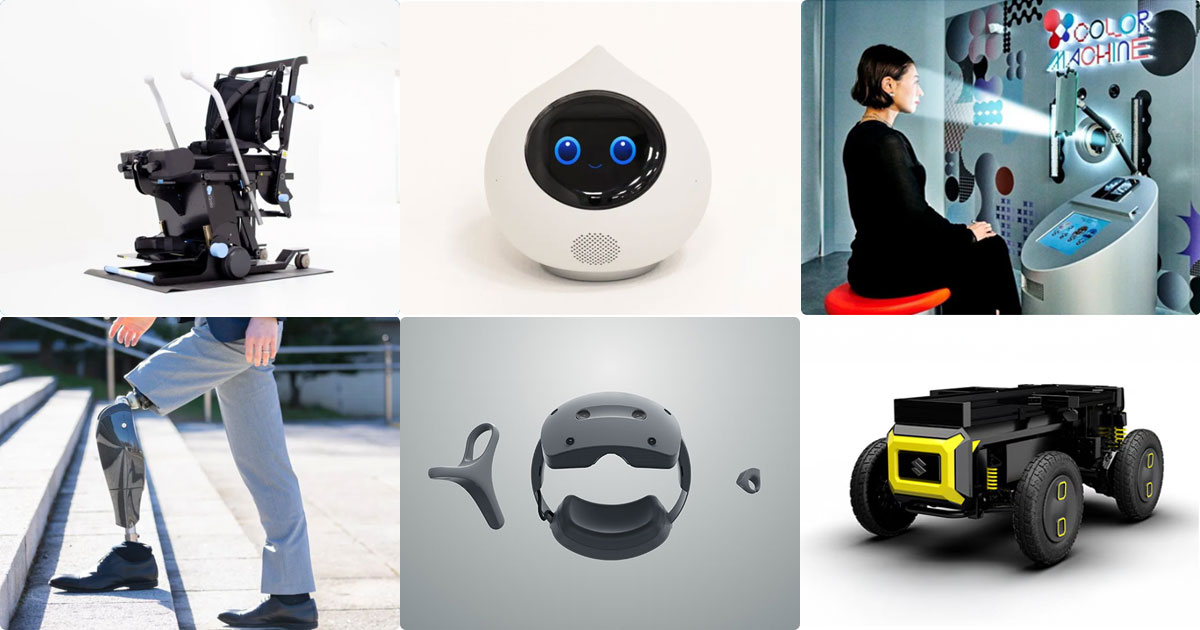
Btrax Design Company > Freshtrax > 10 Cultural Con...
10 Cultural Contrasts between US & Japanese Companies

As I have reflected back on the last 6 months I have spent working in the U.S., there are some cultural contrasts as well as commonality in the work environment. After graduating college, I came to the US to work briefly and spent 4 years in a traditionally, big company in Japan. I followed the dream of most Japanese working for a big company. Now here, working in a fast paced company and surrounded by the equally fast paced SF tech community, here are my thoughts on the two business cultures.
| Characteristic | United States | Japan |
|---|---|---|
| Speed vs. Consistency | Generally U.S. company’s decision making is quick. Superiors give some great leeway to subordinates so that they can decide and make decisions quickly. Unfortunately there are some errors that can come because of that. | Japanese company’s decision making is in stages along their corporate hierarchy. Their decisions are very cautious and conservative and sometimes slower than U.S. companies. These stages are backed by plenty of meetings and documentation. This minimizes error and brings consistency at all levels. |
| Roles & Responsibilities for Individual vs. Group | The U.S. company’s roles are very individualized. Contribution of individual is very important as linked to company goals. | Japanese companies require individual contribution to the whole group but recognize that the whole group must succeed otherwise the individual’s contribution has no meaning. |
| ROI of Revenues vs. ROI of Relationships | US Companies focus on Return On Investment (ROI) or the end result. They don’t concern themselves on how it is achieved. US companies spend less time establishing their process. | Japanese also focus on ROI, however, they emphasize the process on how to get there. For example, they evaluate how to create the process for the project so that they regard the cost including the value of establishing the process in total. |
| Risk Takers vs. Risk Adverse cultures | If we ask something to achieve for them, they’ll say “We can do it” even they thought they can do it 50-70% probabilities. After they accepted, they try to achieve as close to 100%. | If the Japanese feel that it’s possible to achieve most likely 100%, they don’t say “Yes”. Their agreement is careful because they want to be accurate. They make sure it is exactly 100%What the Japanese say is important. If they are not right it will reflect bad on them. |
| Heterogeneous vs. Homogeneous cultures | Since U.S. is multicultural, the company is consisted of a plenty of nationalities, which means there are so many different way to think. Almost the all situations, they don’t progress without say anything. | Basically a Japanese company is organized by Japanese. Almost everyone has same background to realize the situation so some of the understanding is in unspoken words. This is one of the important communication skills in Japan. |
| Time Spent Collaborating vs. Collaborating Time Spent | US companies aim to do meetings efficiently as much as they can. The meetings are fewer and less time. If meetings are too plenty the people seem to resist them. | Meetings are very common in large companies. They value the process to agree with everyone who is related to their project, so they have many meetings and spend a lot of time in meetings. |
| Remote vs. Face-to-Face communications | Contacting clients by email or on the phone seems to be more natural in conducting business relationships. | They respect meeting each other face to face. It is important to them for conducting business relationships. |
| Loose vs Structured Working Styles | Basically the working style is almost the same as Japan. It is very flexible, where working from home is very normal. They have a cubicles for each employee which focuses on a persons independence-high walls, isolation, and spaciousness. | Most Japanese companies work regular office hours and they don’t permit working at home. The work environment is set like a school class where the head of the department is at the top of a row of desks. There are group oriented- no walls, no cubicles and closeness. |
| Self-Sponsored vs. Company-Sponsored Retirement Rewards | The 401k is entirely sponsored by employee salary with the exception of matching funding by companies. This system is one of the things that does not encourage people to stay with companies. One exception is the pension systems in the US. | Japanese are encouraged to stay in one company by the monetary rewards. These are company sponsored payments independent of the person’s salary. The longer they stay the higher the company sponsored payout is to them. |
| Personal Life vs. Professional Life | Family and personal time is the priority in the US. Work-Life balance is a must. There is some socializing outside of work but not as a group. | In Japan, priority is on the work life. It is given work is the center of life. There are many traditions that re-enforce this. A newcomer to the company, hold the place for Hanami to enjoy the cherry blossom in Spring for drinking with co-workers. Also a common after-work event is Nomikai (drinking party) and is used as a very important opportunity to communicate with each other for work. |
#######
Interested in more insights like this? Sign up for our newsletter or follow us on Twitter for more on the Japanese market, localization and design tips, and marketing in Japan! Feel free to contact us as well. We’re looking forward to hearing from you!
By: Reina Hashimoto
Check Out Our FREE E-Books!
Discover our FREE e-books packed with valuable research and firsthand insights from industry experts!
Dive into our collection below, and stay tuned – we’re constantly adding new titles to keep you ahead of the curve.
- Big in Japan: Global Brands Thriving in the Japanese Market, Vol. 1
- A Guide to the Promotional Seasons in Japan
- What I Wish I Knew Before Entering the Japanese Market
- 100+ Facts to Understand the Motivations Behind Japanese Behaviors
- Insights on Japan’s Changing Workstyle
- Insights into Japan’s E-Commerce and Direct to Consumer (D2C) Market







